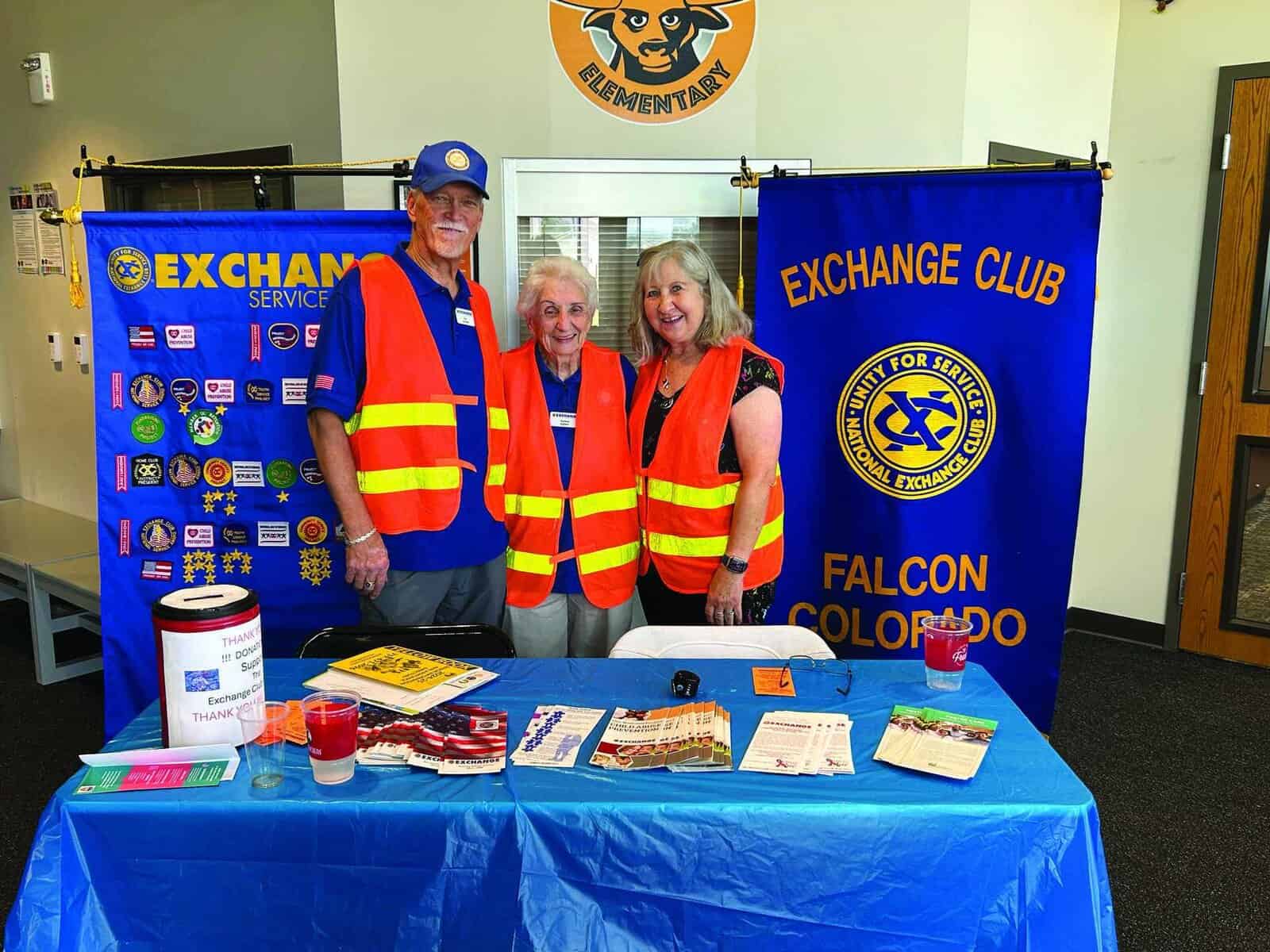Janice Tollini has worked in the health care industry as a clinical psychologist for 15 years. During that time, Janice held leadership and supervisory positions, allowing her to make strong business improvements through people and strategy. She is now a Talent Management Consultant, and is completing additional graduate training in industrial/organizational psychology. In 2017, she will become certified as an executive coach through the World Coaching Institute.Janice has successfully worked with employees and management to improve morale and increase performance, while decreasing turnover and absenteeism. She has increased employee skills and competencies, as well as identifying potential future leaders and preparing them for increased responsibilities and challenges. Check out Janiceís website at http://talentworksconsulting.com.
For centuries, humans have been fascinated by horses. We have relied on them in agriculture, as a food source in some cultures, for transportation and in war. Over time, they have become more than a tool. They have become a beloved pet, a financial investment and another means for humans to compete with each other.Studies suggest that the average horse owner spends just under $4,000 on a single horse each year. (As a horse owner, I find that estimate to be on the low side.) Despite our best intentions in creating a safe and happy home for our horses, we sometimes fail them in not understanding their needs and how our domestication efforts affect them.Natural Horsemanship is one model of working with horses that focuses on utilizing the horseís natural behavior to facilitate training and to create a strong horse-human relationship. It involves using the horseís language to better communicate with them. Monika Garcia is a trainer in Black Forest who adopts this school of thought in her work with horses. Monika is a certified trainer with the Certified Horsemanship Association, and continually works to increase her understanding of equine behavior. (Contact information can be found on the CHA website; http://cha-ahse.org.)Monika has worked with numerous ìproblemî horses, and is devoted to helping people improve their relationship with their horse. She focuses on building communication and trust by helping the owner to better understand their horse. She sees horses as inherently curious and social beings, and believes that humans inadvertently take away their curiosity and replace it with fear.Monika believes that the problem is rarely the horse, but our failure to understand the nature of the horse. When a horse doesnít do what is asked of them, it is often because we have asked in a way they do not understand. Her goal in working with horses is to ìmeet the horse halfway in a human environmentî and to respect their way of thinking.She utilizes aspects of herd behavior to communicate with the horse. Ever seen a boss mare lay her ears back and give a look at another horsesí haunches, and that horse moves away? Humans can also earn respect by moving the horse. A major theme in her training is to ìconnect their mind to their feet.î Horses donít think in terms of ìwhyî and donít make extended connections the way humans do. For example, when we add leg pressure, the horse thinks, ìI should move this way.î They donít connect that moment with a higher dressage score.Horses are also confused by incongruence. They are honest 100 percent of the time and do not have the capacity for dishonesty. Humans will pretend to feel one way when they are feeling quite the opposite. This is disturbing for horses, who rely on non-verbal communication from other horses for their safety.Monika finds these aspects of horsemanship to be particularly important in her work with mustangs. She reminds me that they differ from domesticated breeds in many ways. She describes her mustangs as having a stronger sense of self-preservation in that they are more likely to act aggressively to defend themselves, and they are less concerned with keeping their human companion safe in the process. Mustangs are also more innate in their responses and more likely to be reactive to manmade threats (lawnmowers, machinery) than their domesticated friends.In domesticating horses for our own purposes, we place them in unnatural environments and restrict their innate curiosity. We also ask them to engage in behaviors contrary to their survival instinct. (Imagine from the horseís perspective being asked to walk into the wobbly, dark, metal box that we call a trailer.) In general, we add the pressure of time and of expectation, and place our needs for convenience above their needs. Those are clearly human factors, which create distress when imposed on horses. Monika strives to work at the horseís pace, knowing that a solid relationship based on trust and mutual respect takes time to develop.It seems that we hippophiles could learn a lot from the horses we love.





